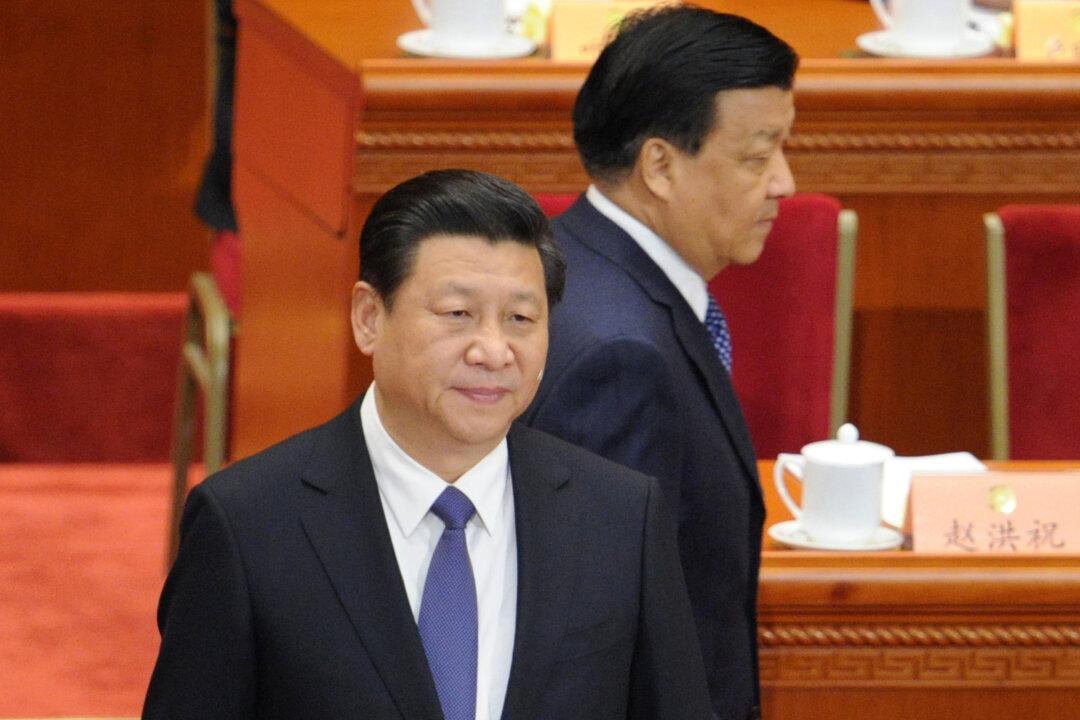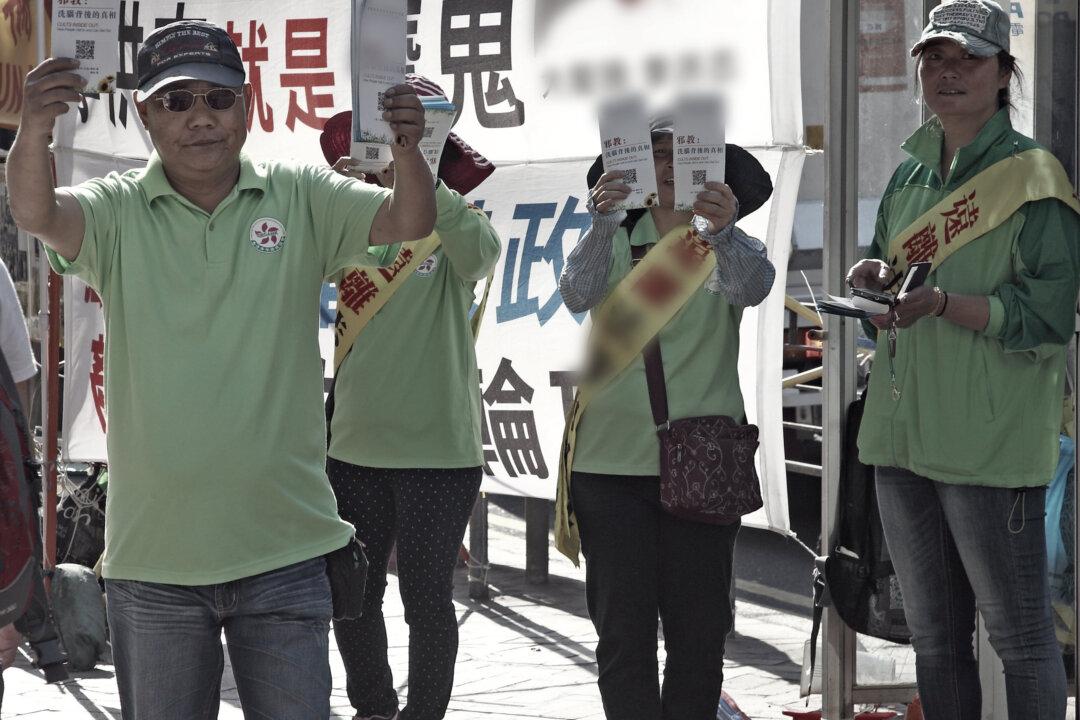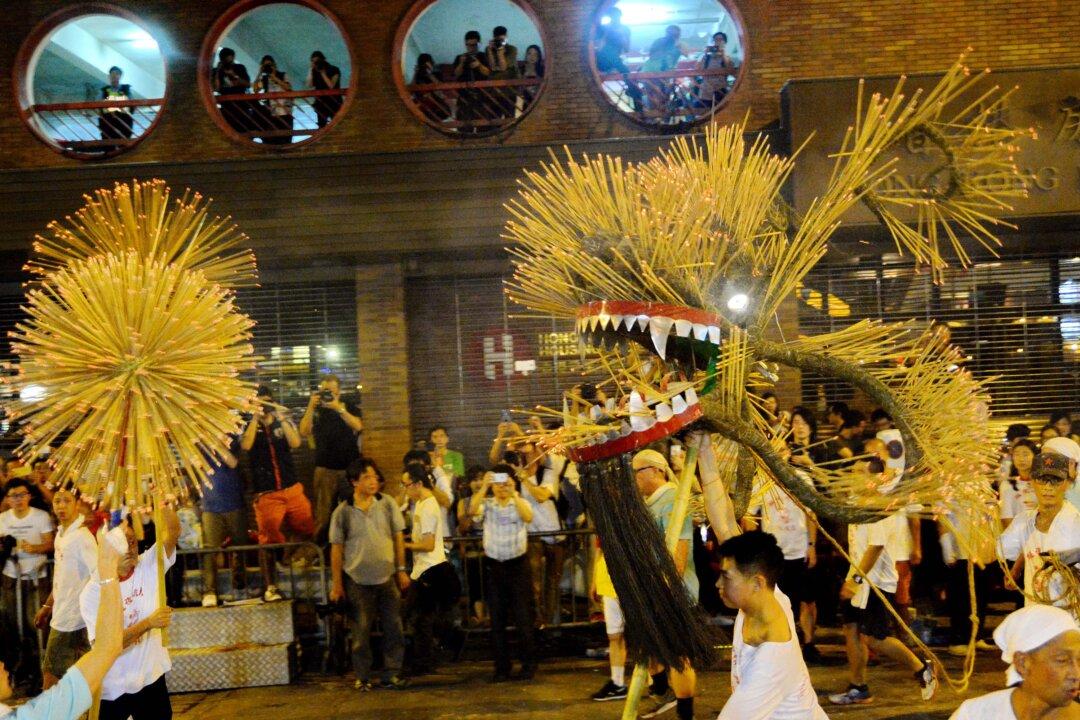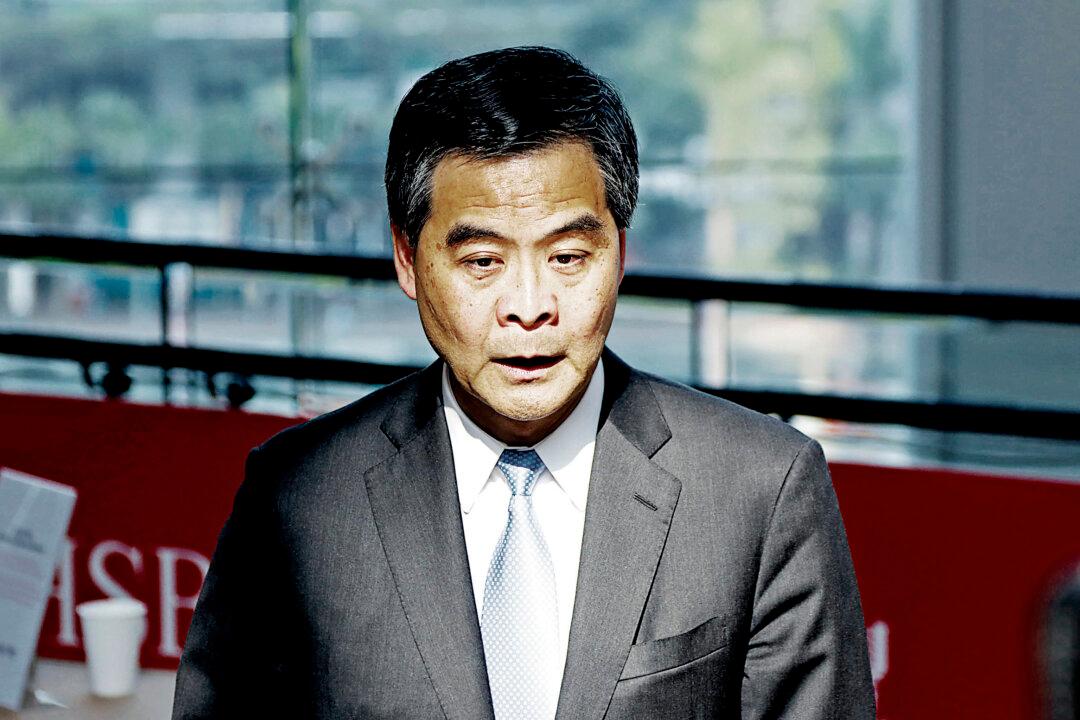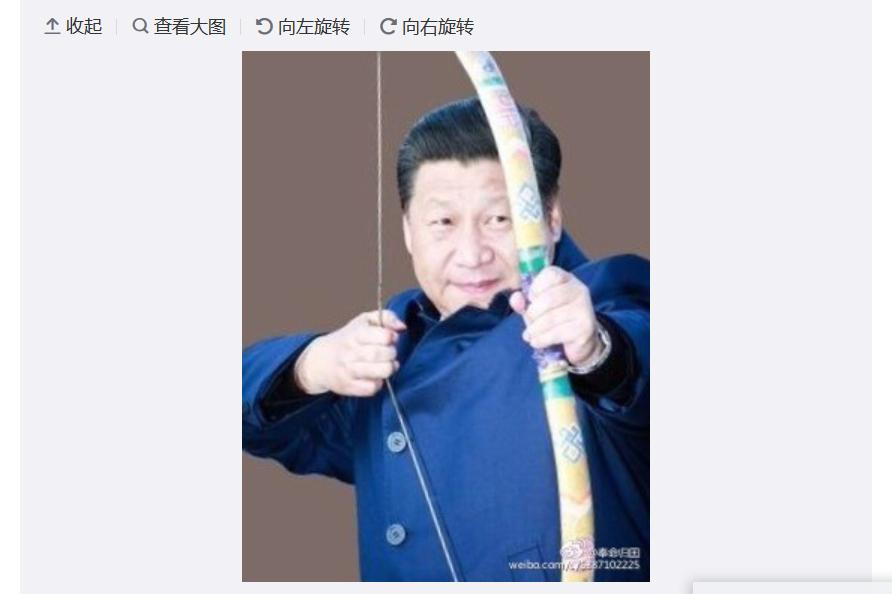In China, the popular Internet idiom “advanced blackening” has been used to describe a defamatory tactic in which a sentence of praise actually hints at discredit. During the period of the recent Two Sessions, the annual political meetings of the Chinese regime, the phrase has frequently been used to describe how the Chinese Communist Party’s (CCP) propaganda department abnormally discredits Party leader Xi Jinping.
In early March, a song called “The East is Red Again,” adapted from the communist “red” song “The East is Red,” appeared on the mainland Chinese Internet. The latter was used to extol Mao Zedong many years ago.
“The East is Red Again” has exactly the same melody as the original. There were only minor changes to the lyrics, and the words “Mao Zedong” were replaced by “Xi Jinping.”
The song mentions that “Xi Jinping inherited Mao Zedong,” and the original word “saviour” was changed to “lucky star.” The video’s main screen is of Xi inspecting the army during a military parade and visiting rural areas.
On March 9, Radio Free Asia reported that the song became hot as soon as it was introduced to the Internet, but it received one-sided adverse comments. Some netizens stated that there was a feeling of “advanced blackening.”
The song was soon deleted by the authorities.
Since the second half of last year, both the Chinese government and civilians have launched intensive “red” songs touting Xi, such as “If You Marry, Then Marry Xi Dada,” “Do Not Know How to Call You,” “National Icon Xi Dada,” and so on.
